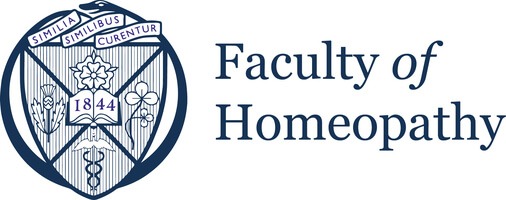Interested in changing any annoying habit, like biting nails or smoking but you don’t know how?
Interested in changing any annoying habit, like biting nails or smoking but you don’t know how?
Do you feel you have low self-esteem and could need help?
Is the stress in your life surpassing your capacity?
Any post-traumatic stress related issue?
Would you like to understand why you act how you act?
Hypnotherapy is a tool that unlocks the door to the subconscious. Our conscience mind analyses and interprets everything based on past experiences and acquired knowledge, and by by-passing the analytical mind, we allow ourself to access hidden or suppressed emotions, and by becoming aware of these emotions, our way of acting, thinking and feeling can be changed in the desired way with almost no effort.
Many people get nervous, or even scared when they think of getting hypnotised, however, Ericksonian Hypnosis has nothing to do with stage hypnosis. Ericksonian Hypnosis uses very vague language to stimulate the unconscious to respond freely and in an unconditioned way. It is safe and with no side effects. The patients are aware of everything that happens during the hypnosis, and they remember everything afterwards. Ericksonian Hypnosis cannot be used against the patient’s will, and it can be interrupted by the patient at any time if he/she starts feeling uncomfortable.
When hypnotherapy is used as part of the treatment, it generally increases the benefit of the treatment, and can even reduce side effects of necessary treatment1, such as chemotherapy, for example. Clinical hypnosis has been successfully applied across a vide variety of clinical population suffering from disorders such as anxiety2 depression and depression relapse prevention3, post-traumatic stress disorder4, anorexia nerviosa5, pain6, habit control7, irritable bowel syndrome8, headache and migraine9, asthma10, sleep disorders11, cancer12, psychosomatic disorders13, and many other medical and psychosomatic conditions.
“...A hypnotic procedure is used to encourage and evaluate responses to suggestions. When using hypnosis, one person (the subject) is guided by another (the hypnosis) to respond to suggestions for changes in subjective experience, alteration of perception, sensation, emotion, thought or behaviour...” Green et al 2005, pp 262-263
“It is a focused experience of attentional absorption that invites people to respond experientially on multiple levels to amplify and utilise their personal resources in a goal-directed fashion. Employed in a clinical context, hypnosis involves paying greater attention to the essential skills of using words and gestures in a particular way to achieve specific therapeutic outcomes, acknowledging and utilising the many complex persona, interpersonal, and contextual factors that combine in varying degrees to influence client responsiveness.” Michel D. Yapko 2012, p7

EMDR (Eye Movement Desensitization and Reprocessing) is a psychotherapy that enables people to heal from the symptoms and emotional distress that are the result of disturbing life experiences.
It was developed by Francine Shapiro en 1987. EMDR is a technique which, by stimulating both brain hemispheres repeatedly at the same time, disconnects the stressful emotion (such as fear, for example) linked to that traumatic experience. Repeated studies show that by using EMDR therapy people can experience the benefits of psychotherapy that once took years to make a difference. It is widely assumed that severe emotional pain requires a long time to heal.
EMDR therapy shows that the mind can in fact heal from psychological trauma much as the body recovers from physical trauma. The brain’s information processing system naturally moves toward mental health. If the system is blocked or imbalanced by the impact of a disturbing event, the emotional wound festers and can cause intense suffering. Once the block is removed, healing resumes.
The cost of hypnotherapy is £250 for 1 hour via Zoom or £300 for a face to face session. Follow-up appointments are £200 for 1 hour of Zoom consultation or £250 for a face to face one.



